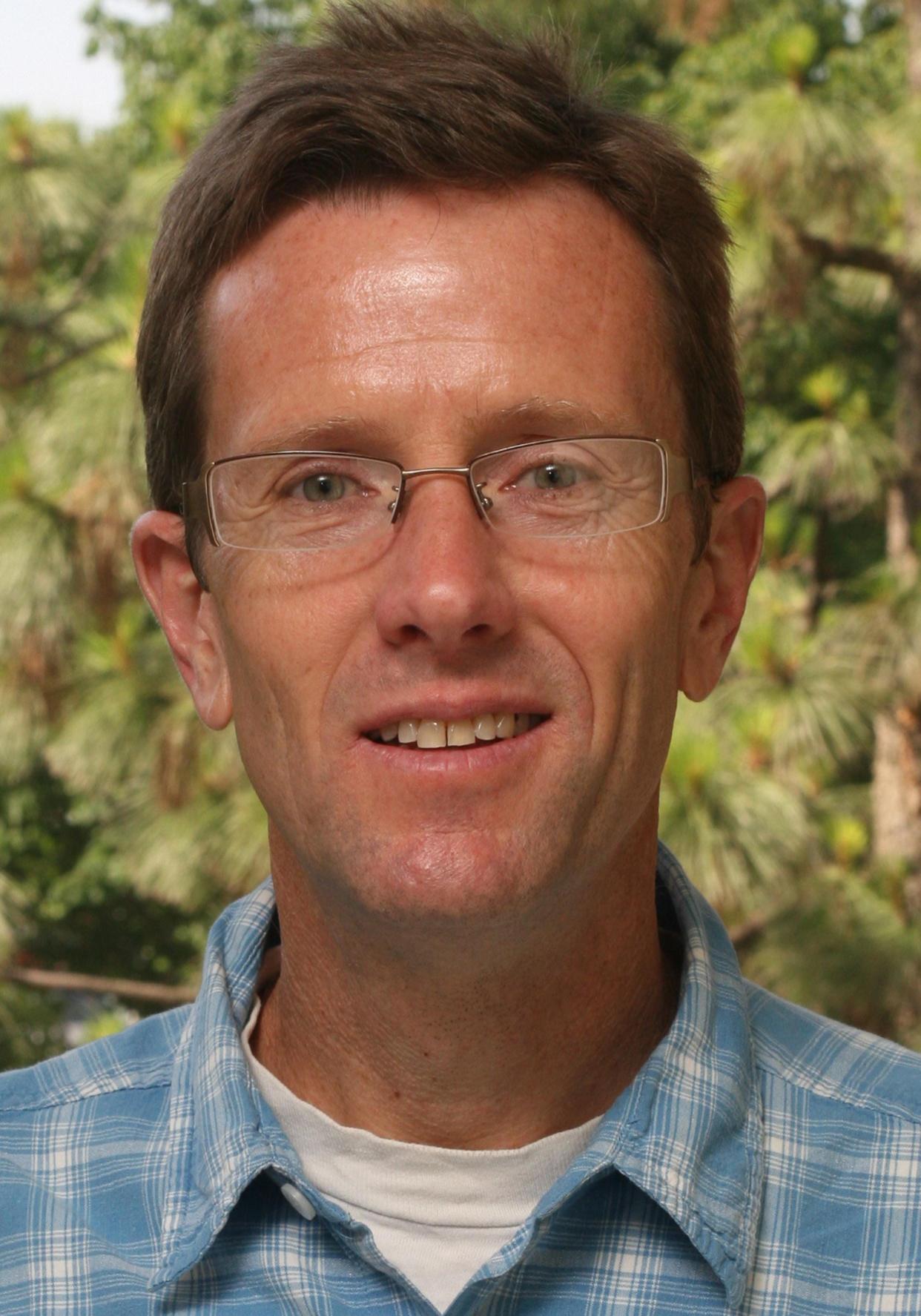Stuart Allison: Our heroes show us the way

- Oops!Something went wrong.Please try again later.
In my October column for this newspaper, I wrote about my hero Aldo Leopold and claimed that we all need heroes, even when we are adults. But I didn’t have space to explain why I think that, so I will return to heroes today. When I speak of heroes, I am thinking of them as role-models, admirable people who provide examples to us of how to live our lives. I’m not thinking of heroes in the sense from Greek mythology or Marvel superheroes who have superhuman strength and may even be semi-divine. Superheroes aren’t realistic role models. I prefer heroes who are more down to earth, more approachable and believable.
We live in times that are challenging, that frequently seem dark and frightening. Forces beyond our individual control are wreaking havoc on our environment, wars and disease continue to ravage people around the world, and far too many people respond with anger, distrust, and even hatred of others. Unfortunately, today’s fraught world is not unique. I was a child in the '60s and early '70s when things were equally scary and bleak. We need role models to help us navigate this world because it isn’t always clear how we should we live our lives. We need role models who can inspire us to become, as Abraham Lincoln hoped, “the better angels of our nature.”
When we look to the examples set by our heroes it is important that we don’t hold ourselves to impossible standards and it is especially important that we don’t try to compete with them. They are heroes because they have done something exceptional or lived an exemplary life. It is highly unlikely that I will have an idea or write something as important and transformative as Aldo Leopold’s Land Ethic. But I can try to live my life in a way that honors the Land Ethic, in which I treat the land (meaning everything in the environment living as well as non-living) as an equal partner in our web of life, and live as if the land/nature matters. I can also follow Leopold’s example and teach my students the importance of living in harmony with the world around us.
More:Stuart Allison: Burlington's Aldo Leopold almost never wrong about conservation
When we recognize that we may not be able to achieve as much as our heroes did, that shouldn’t be an excuse to sit back and say, “Well I’m just not good enough to make a difference. I can’t be what they were.” True, we can’t be who or what our heroes were, but we are always good enough to make a difference. Many people inspired to make little changes can eventually add up to big changes.
We must choose our heroes carefully. History and current events tell us that anyone who proclaims themselves to be a hero, who wants to wear that mantle, is not someone who deserves that honor. Truly admirable heroes go out, do their work, and live their lives without begging for attention and demanding that we all love them. They may be noticed because of what they accomplish, but their goal is not to seek admiration.
When I was a child, like many young people, my main heroes were athletes. Thanks to my father I was either doomed or privileged to be a Chicago Cubs fan. But my favorite baseball player was not Ernie Banks or Billy Williams or Ferguson Jenkins or Ron Santo — all great players and Hall of Famers who I saw play. My hero was Roberto Clemente because he was such an elegant ballplayer, always so graceful on the field. At the time I didn’t know he was also an exemplary person, always trying to help other people less fortunate than him. Perhaps there was something in the way he played baseball that told me he was a worthy hero, but I’m glad I chose him and not someone less admirable in person.
I ran cross country and track in high school. At time the United States produced many great middle and long distance runners – Jim Ryun held the world record in the mile, Frank Shorter and Dave Wottle had recently won Olympic gold medals, Bill Rodgers was regularly winning marathons. But our team’s hero was Craig Virgin from tiny Lebanon High School in southern Illinois, a school so small it didn’t even have a track. And yet he won three state championships in track, two in cross-country, and in 1973 set a still standing record for the 3200 m run for Illinois high school. I like running because the stopwatch doesn’t lie. I knew I could never compete with Virgin, but I also knew that if he could achieve all he did despite limited resources, I could push myself to do better. Heroes show us the way and it is up to us to become our best selves.
Stuart Allison is the Watson Bartlett Professor of Biology and Conservation at Knox College.
This article originally appeared on Galesburg Register-Mail: Stuart Allison: Our heroes show us the way

